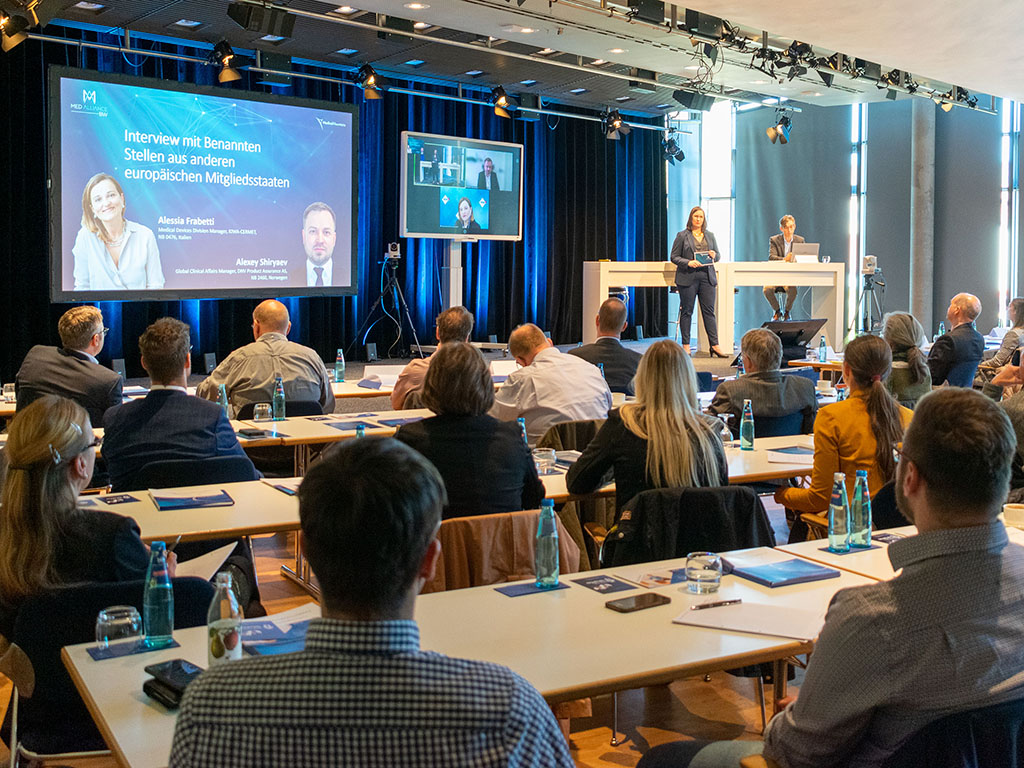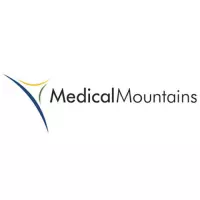
Tuttlingen - "We have an obligation to act now": With this statement, MedicalMountains Managing Director Julia Steckeler underlined the urgency when the "Brussels Talks" examined the effects of the implementation of the Medical Device Regulation (MDR) on security of supply. Using impressive examples, she showed that proven existing products are already missing or in danger of being lost.
Even if the European Parliament recently expressed clear criticism of the implementation status of the MDR: The regulation is moving on rocky terrain due to a complex regulatory environment and the different basic interests of member states. Ortwin Schulte, Head of the Medical Device Safety department in the Federal Ministry of Health, highlighted the current status and tendencies to close the implementation gaps. With regard to existing products, there are initial discussions at EU level about extending the deadline; Article 97 of the MDR is also being discussed at national level. Although its headline is "Other non-conformity", it would be conceivable in principle to keep existing products marketable, provided "no unacceptable risk" is associated with it and the manufacturer can prove that he has done everything within his responsibility at an early stage to to achieve certification.
Ortwin Schulte explained that time is pressing with figures from a conference of the Medical Devices Coordination Group (MDCG) with representatives of notified bodies: In order to be able to complete the recertification on time in May 2024, 7,000 MDR applications from companies would be required - currently there are only around 4,000. In addition, a significant proportion of these cannot be certified.
Missing clinical data was mentioned as a frequent shortcoming. This impression is reflected in other EU countries, as the conversation between MedicalMountains Managing Director Julia Steckeler and Alessia Frabetti (KIWA-CERMET, Italy) and Alexey Shiryaev (DNV Product Assurance AS, Norway) showed. "Use all available data from different sources," recommended Alexey Shiryaev to generate enough meaningfulness. As Alessia Frabetti reported, the applications submitted to her are often still too close to the old guidelines. However, it is important to “read the MDR in a new way and see it as a new scheme”.
The afternoon round of dialogue deepened the topics from the point of view of manufacturers and German notified bodies. Linda Krziwon (Christoph Miethke GmbH & Co. KG) pointed out the conflict of interest of many: On the one hand there are products that are seriously being considered to be discontinued, but on the other hand there is an ethical responsibility to leave them in stock, " because there is no alternative". If necessary, retrospective data will be collected, although it is clear: "If a product is safe, a user survey will not change anything." Corina Matzdorf (ulrich medical) suggested that by submitting the file, the right to remain on the market should be obtained may - as was made possible with the changeover to the current regulation in the pharmaceutical sector. As Manfred Appel (TÜV SÜD Product Service GmbH) said, it is possible in individual cases to release products subject to conditions. Of course, security and performance would have to be guaranteed in the same way as with full, regular certification. With a view to the numerous guidances on the MDR, Harald Rentschler (mdc medical device certification GmbH) reminded: "With many MDCG papers, expectations are raised and we as notified bodies have to pass them on." He pleaded for "reasonable transitional periods" for a meaningful implementation establish.
Despite all the hurdles: Julia Steckeler had already announced to the around 100 participants on site and on the monitors at the beginning that there would be "rays of hope" at the symposium - namely concrete support offers in the form of the Med Alliance BW, one within the framework of the "Forum Healthcare location BW” funded state-wide expert initiative. Its active member companies presented their own results for PMCF and material compliance as well as interim statuses on the topics of biocompatibility, supplier management and international approval. They put "resources into the joint development of solutions that help others," Julia Steckeler recalled. The industry wants to implement the MDR well, but it also wants to be innovative, keep good products and diversity on the market: "Out of conviction and determination to do the right thing." expire in May 2024 at the latest, must be observed urgently. Julia Steckeler underlined





